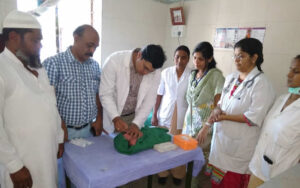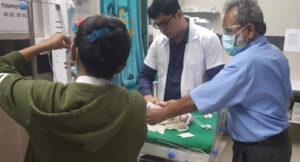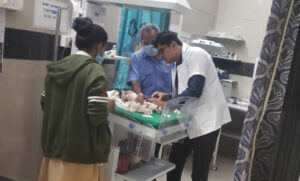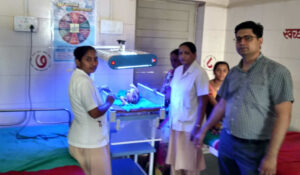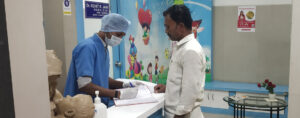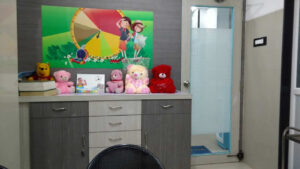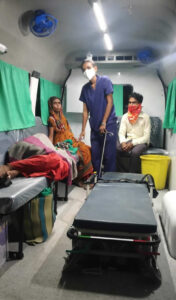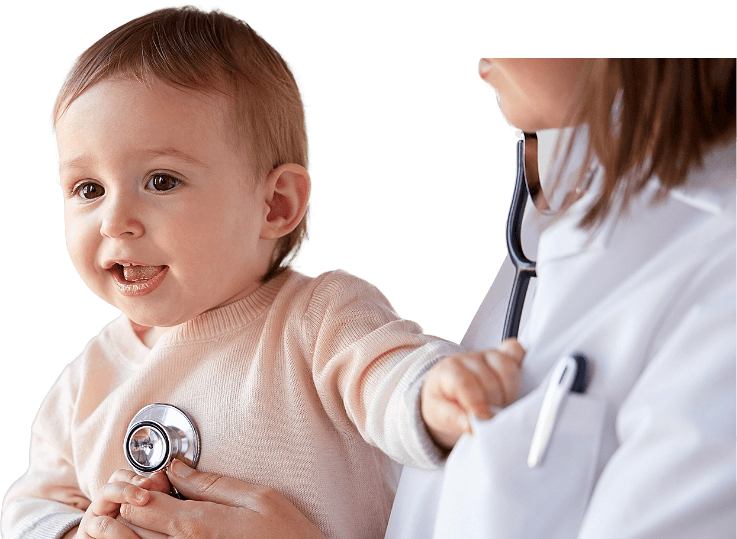
Rehydration Therapy For Diarrohea In Children
Rehydration therapy is a medical treatment that aims to replace fluids and electrolytes lost during diarrhoea in children. Diarrhoea is a common condition among children, and it can lead to dehydration, which can be life-threatening if left untreated. Rehydration therapy helps prevent dehydration and restore the body’s fluid and electrolyte balance.
There are several methods of rehydration therapy available for children with diarrhoea. One of the most effective methods is oral rehydration therapy (ORT), which involves giving the child a solution of water, sugar, and salts. The solution helps to replace fluids and electrolytes lost during diarrhoea and can be administered at home or in a healthcare facility.
Another method of rehydration therapy is intravenous (IV) therapy, which involves administering fluids and electrolytes directly into the child’s veins. This method is typically reserved for children with severe dehydration or those who are unable to tolerate oral fluids.
In addition to rehydration therapy, it’s important to continue feeding the child a nutritious diet to help replace lost nutrients and aid in recovery. Breast milk or formula should be continued, and solid foods can be reintroduced gradually as the child’s condition improves.
Rehydration Therapy For Diarrohea In Children
Rehydration therapy is an important treatment for diarrhoea in children and can help prevent dehydration, which can lead to serious complications. If you suspect your child is dehydrated due to diarrhoea, it’s important to seek medical attention immediately.
Frequently Ask Questions (FAQ) -
Do you have questions about Rehydration Therapy For Diarrohea In Children treatment? We’re here to help! Check out the answers to some of most frequently asked questions.
What is rehydration therapy for diarrhea?
Why is rehydration therapy important for children with diarrhea?
What are the signs of dehydration in a child with diarrhea?
What fluids are used for rehydration therapy?
How should I give oral rehydration solution to my child?
When should I seek Pediatrician for my child with diarrhea?
Can I use homemade solutions like salt and sugar water instead of ORS?
How long should I continue rehydration therapy?
Are there any additional measures to manage diarrhea in children?
How can I prevent diarrhea in children?
At Neolife dental and children hospital, Dr. Rohit Jain and team of specialists who are experts in evaluation, diagnosis, treatment and long term management of various diseases including Diarrhoeia Rehydration Therapy. At Neolife dental and children hospital, we offer compassionate care for your little ones. We provide the services of the best infant pediatrician near you. Book an appointment.



